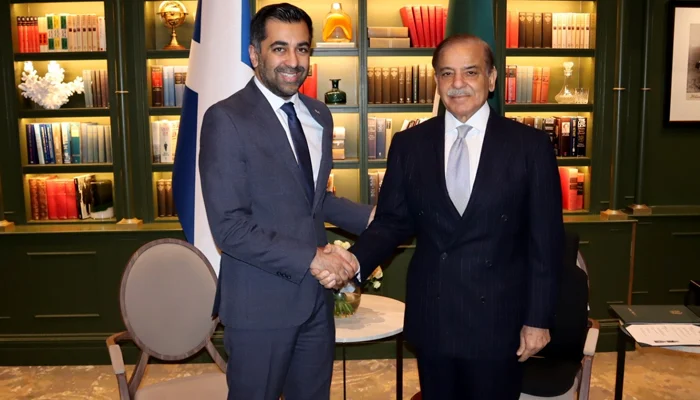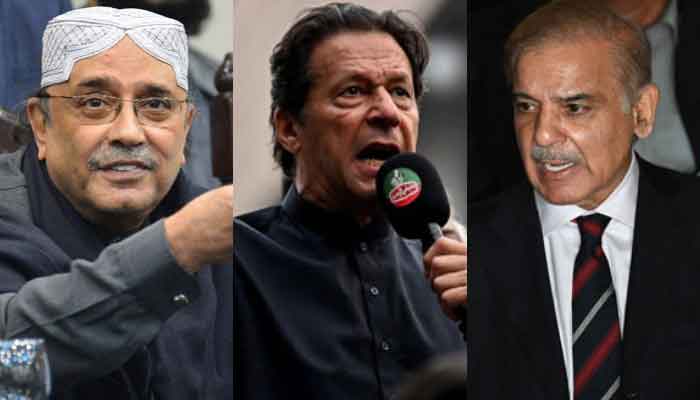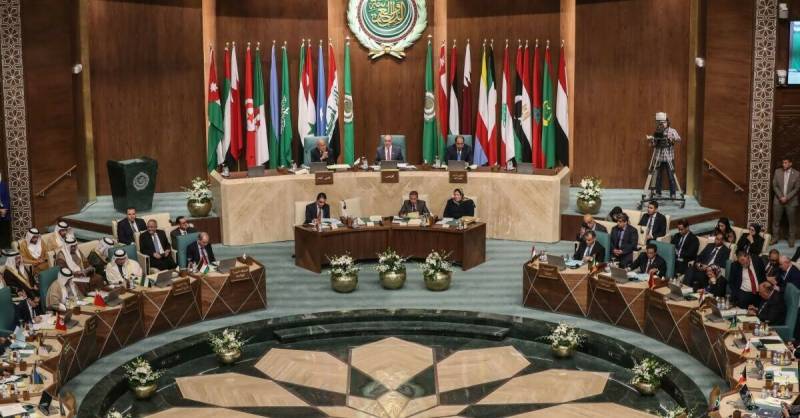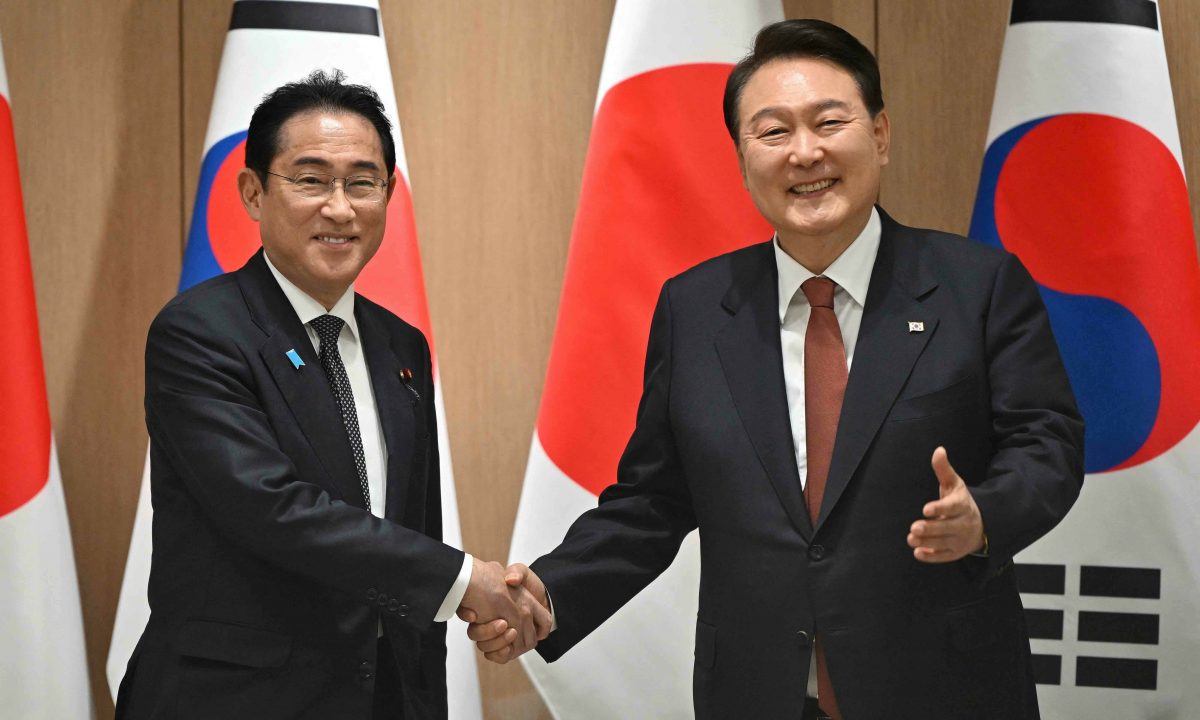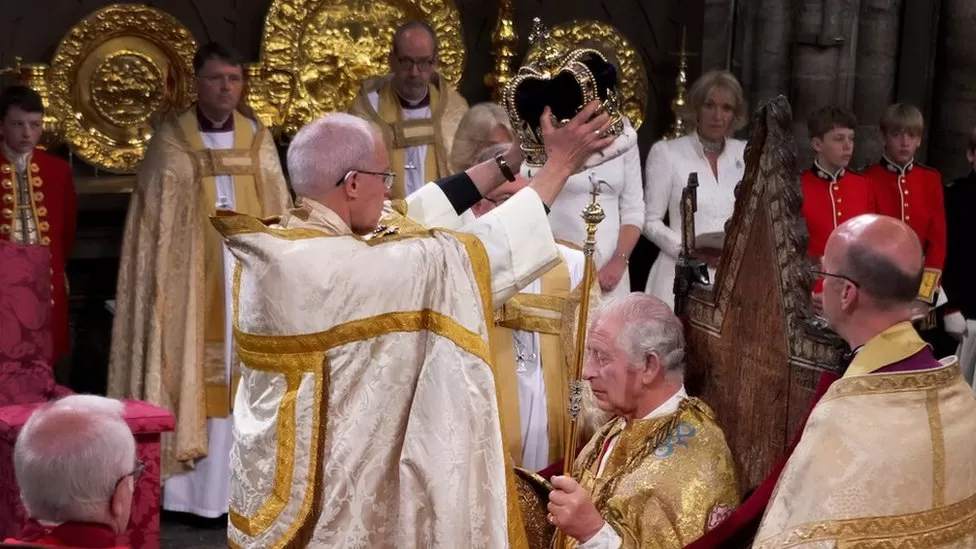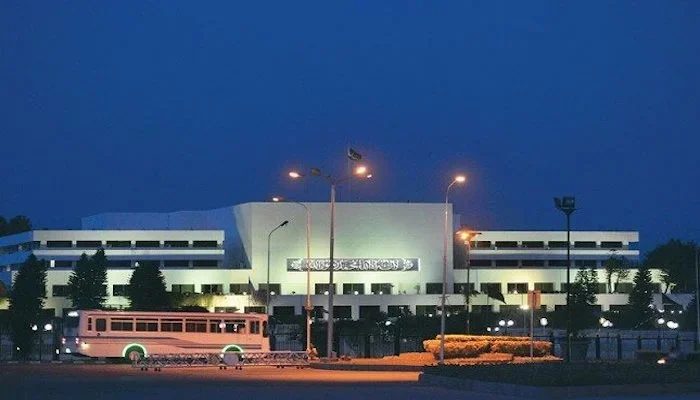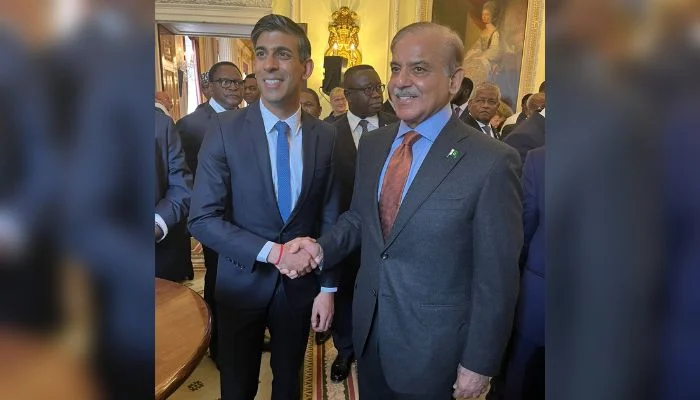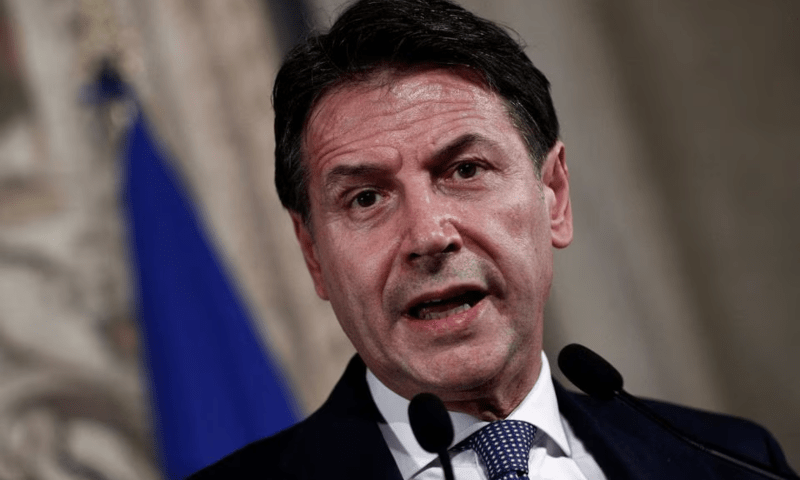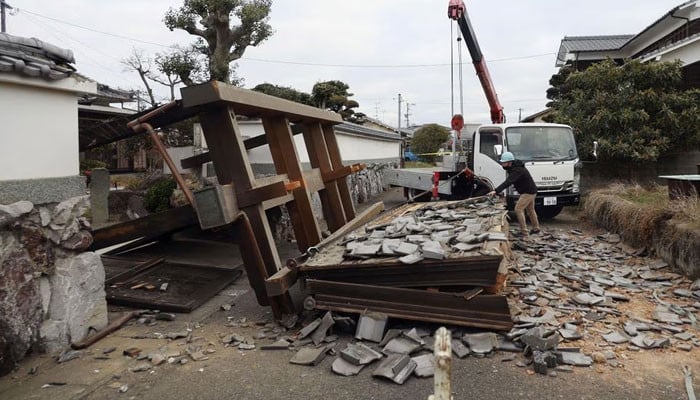LONDON: Humza Yousaf, Pakistan-origin first minister of Scotland, has said that he will “definitely” undertake a visit to Pakistan after he held a meeting with Prime Minister Shehbaz Sharif in London.
“Very positive. I am grateful to Prime Minister Shehbaz Sharif,” he said while responding to a question about his interaction with the premier.
The premier arrived in United Kingdom’s capital London on Wednesday for representing Pakistan at the coronation ceremony of King Charles III.
According to Foreign Office, PM Shehbaz was also scheduled to meet Humza Yousaf, who was recently elected by the Scottish Parliament to head the devolved Scottish government, is the first Muslim and first British Pakistani to do so.
“I am proud of being the first Scottish Pakistani to become the first minister of Scotland,” he remarked in his interaction with Pakistani reporters on Sunday.
The first minister also said he discussed ways to enhance cooperation between Pakistan and Scotland in various areas including trade, investment education and climate change.
“Pakistan and Scotland have a long history and long tradition. I will definitely be there [Pakistan]. His excellency prime minister extended a personal invitation to me to come to Pakistan,” he added.
Scotland’s first minister added that he promised PM Shehbaz that “I will come but we have not nailed down a date yet”.
Speaking to the media in London after meeting with the first minister of Scotland, PM Shehbaz said that an investment conference will be convened to enhance cooperation between the two nations in diverse fields, including trade, investment, education, water management, wind, and solar technology.
The PM said he held a productive conversation with Hamza Yousaf, who is a “young and energetic person”.
He said they have agreed to enhance cooperation between Pakistan and Scotland, which is a constituent component of the United Kingdom.
Around 80,000 Pakistani diasporas are significantly contributing to the development and progress of Scotland, the premier added.
The Scottish leader said strengthening ties with Pakistan is not only the duty of his government but he also considered it a personal commitment.
He said there had been a 150 per cent increase in the number of students coming to Scotland. “We want to see an increase in this further.”
Responding to a question related to the ongoing political crisis in Pakistan, the first minister said he did not discuss the political issues of Pakistan with PM Shehbaz and only matters related to government-to-government came under discussion.
Responding to Pakistanis’ messages of felicitations on his election as the First Minister of Scotland, he said: “I would like to thank all of them [as] I got messages from my father’s hometown in Mian Chinnu and my mother’s home city in Faisalabad and across the country
“It really warmed my heart because I see myself as Scottish and Pakistani too [and] I can’t wait to come to Pakistan as the first minister,” he added.
Yousaf also said that he never shied away from the fact that he is both British and Pakistani.
Moreover, the first minister said he is proud of his Muslim faith.


